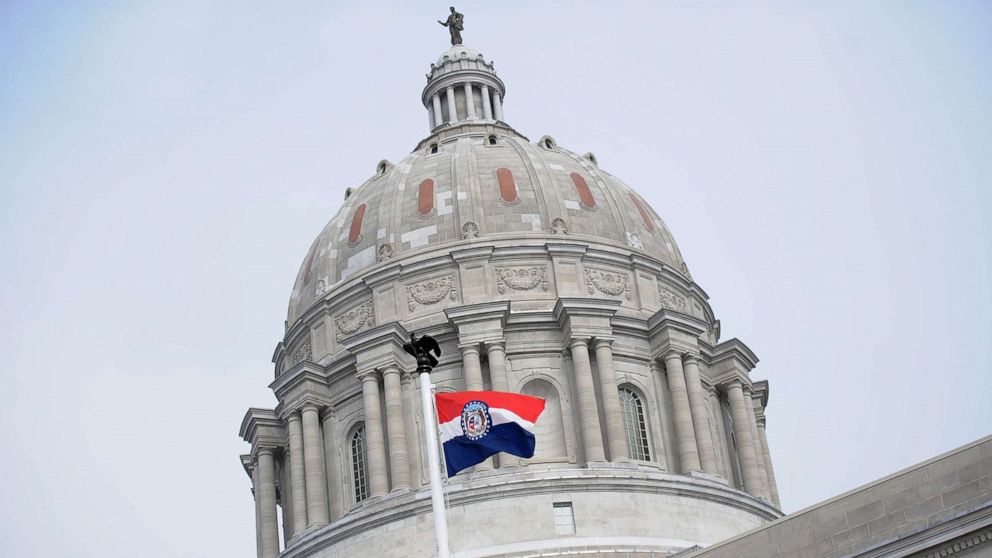
By Lawrence Hurley
WASHINGTON (Reuters) – The U.S. Supreme Court on Monday delivered a watershed victory for LGBT rights and a defeat for President Donald Trump’s administration by ruling that a longstanding federal law barring workplace discrimination protects gay and transgender employees.
The landmark 6-3 ruling represented the biggest moment for LGBT rights in the United States since the Supreme Court legalized same-sex marriage nationwide in 2015. Two conservative justices joined the court’s four liberals in the decision: Neil Gorsuch, a 2017 Trump appointee who wrote the ruling, and Chief Justice John Roberts.
The justices decided that gay and transgender people are protected under Title VII of the Civil Rights Act of 1964, which bars employers from discriminating against employees on the basis of sex as well as race, color, national origin and religion.
Workplace bias against gay and transgender employees had remained legal in much of the country, with 28 U.S. states lacking comprehensive measures against employment discrimination. The ruling – in two gay rights cases from Georgia and New York and a transgender rights case from Michigan – recognizes new worker protections in federal law.
“The Supreme Court’s historic decision affirms what shouldn’t have even been a debate: LGBTQ Americans should be able to work without fear of losing jobs because of who they are,” said Sarah Kate Ellis, president of the gay rights group GLAAD.
The legal fight focused on the definition of “sex” in Title VII. The plaintiffs, along with civil rights groups and many large companies, had argued that discriminating against gay and transgender workers was inherently based on their sex and consequently was illegal.
Trump’s administration had backed the employers who were sued for discrimination. The administration and the employers argued that Congress did not intend for Title VII to protect gay and transgender people when it passed the law. Gorsuch conceded that point in his opinion but said what mattered was the text of the law.
“An employer who fires an individual for being homosexual or transgender fires that person for traits or actions it would not have questioned in members of a different sex,” Gorsuch wrote. “Sex plays a necessary and undisguisable role in the decision, exactly what Title VII forbids.”
Strongly supported by evangelical Christian voters, Trump has taken actions that have undermined gay and transgender rights since taking office in 2017.
Conservative Justices Samuel Alito, Clarence Thomas and Brett Kavanaugh dissented from the ruling. Writing in dissent, Alito said the court had basically re-written the law.
“There is only one word for what the court has done today: legislation,” Alito wrote.
‘TREATED FAIRLY’
The court ruled in two consolidated cases about gay people who have said they were fired due to their sexual orientation. One involved a former county child welfare services coordinator from Georgia named Gerald Bostock. The other involved a New York skydiving instructor named Donald Zarda who died after the litigation began, with the matter then pursued by his estate.
The court also ruled in a case that involved a transgender funeral director named Aimee Stephens fired by a Detroit funeral home after revealing plans to transition from male to female. Stephens died in May. Stephens’ wife Donna is now representing the estate.
“I am grateful for this victory to honor the legacy of Aimee, and to ensure people are treated fairly regardless of their sexual orientation or gender identity,” Donna Stephens said in a statement.
Gorsuch wrote that “there is no way an employer can discriminate against those who check the homosexual or transgender box without discriminating in part because of an applicant’s sex.”
“By discriminating against homosexuals, the employer intentionally penalizes men for being attracted to men and women for being attracted to women. By discriminating against transgender persons, the employer unavoidably discriminates against persons with one sex identified at birth and another today,” Gorsuch wrote.
The Human Rights Campaign gay rights group called the decision “a landmark victory for LGBTQ equality.”
Alphonso David, the group’s president, said, “No one should be denied a job or fired simply because of who they are or whom they love.”
The White House had no immediate comment.
Trump’s Justice Department reversed the government’s position taken under Democratic former President Barack Obama that Title VII covered sexual orientation and gender identity.
Trump’s administration last week issued a rule that would lift anti-discrimination protections for transgender people in healthcare.
His administration also has backed the right of certain businesses to refuse to serve gay people on the basis of religious objections to gay marriage, banned most transgender service members from the military and rescinded protections on bathroom access for transgender students in public schools.
(Reporting by Lawrence Hurley in Washington; Additional reporting by Andrew Chung in New York; Editing by Will Dunham)













